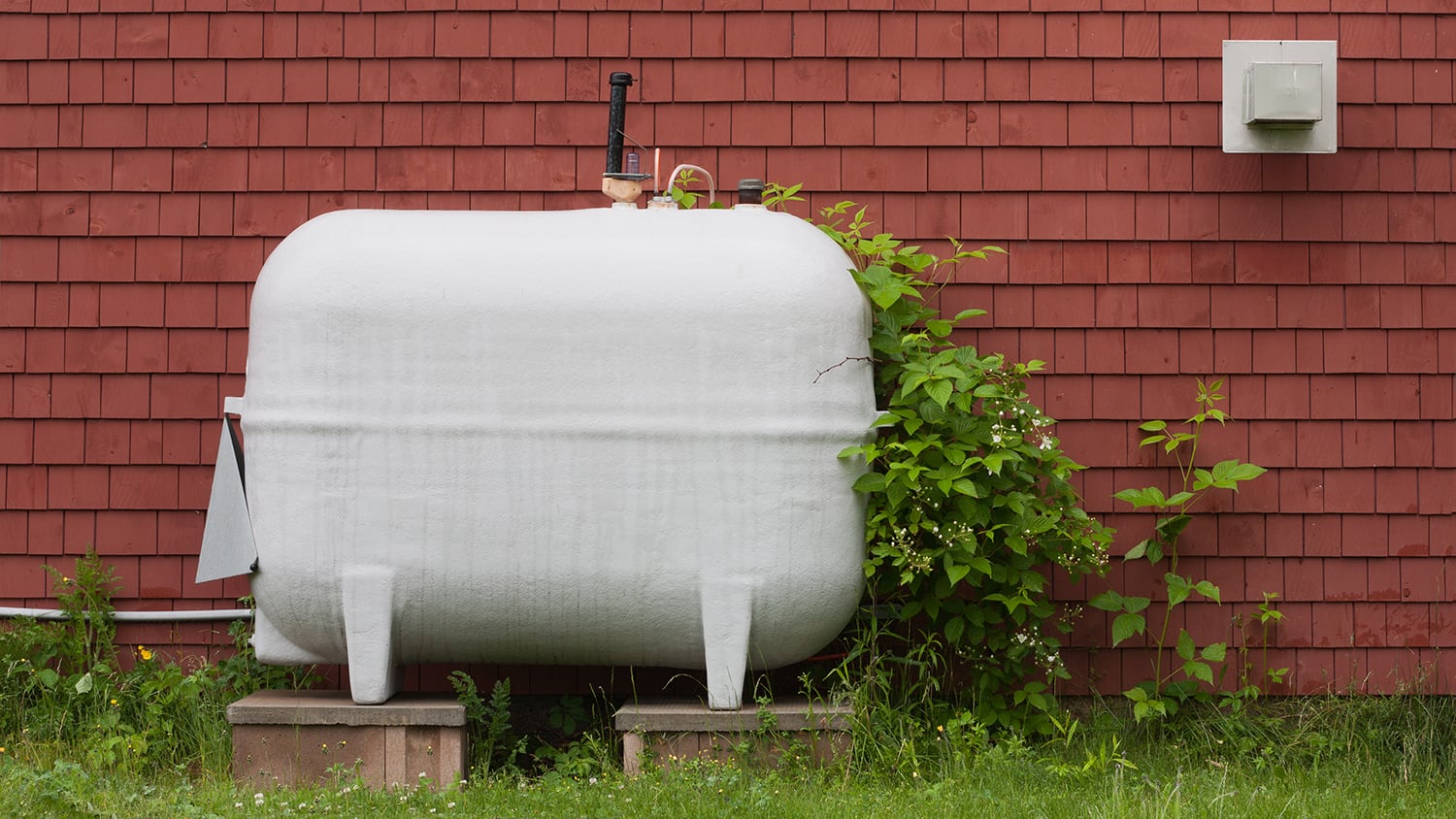The majority of homeowners do not consider changing the oil tanks of their homes until they’re forced to replace them due to necessity. However, the importance of this seemingly simple task cannot be overemphasized, since a household oil tank plays a pivotal role in the infrastructure of any home. We are responsible owners of property and are required to ensure that heating systems as well as storage containers for oil function safely and effectively. Refraining from replacing oil tanks can have severe financial and ecological consequences.
If we think about the potential consequences of negligence, the necessity of replacing oil tanks becomes even more evident. A minor leak of oil today could become an immense financial burden as well as environmental catastrophe in the near future. Understanding the fundamentals of oil tanks and when it is time to replace them is essential. Discover the numerous aspects of the replacement of oil tanks. From the price to replace an oil tank to the benefits we’ll give you the necessary information. For more information, click oil tank replacement near me

Understanding the urgency: the role of replacement oil tanks
While the oil tank tucked into your yard or basement might not be the most aesthetically pleasing part of your home It is definitely among the most vital. The unassuming tank functions as an oil reservoir that holds heating oil, and it keeps your home warm, especially in the winter. Like all other components of the home, oil tanks also have a limited lifespan. If you don’t take care of the maintenance of your tank, it could cause a variety of issues.
Think of an old oil tank as the ticking of a bomb. It’s a danger. The wear and corrosion that occurs over time can degrade the tank’s structural integrity leading to spills, leaks and contamination. These events can not only affect your home but also the natural environment. You can minimize the risks by replacing the tank that holds your oil. This can also safeguard the environment and your family.
The cost of replacing an oil tank
Budget considerations can play a significant role in any home improvement venture and replacement of the oil tank is not a different case. It is important to view the process as an investment rather than a cost. While the initial costs could appear significant, they are not in comparison to potential financial ramifications of a leak or environmental contamination.
It is possible to make an informed decision that’s in line with your budget and priorities by asking for accurate quotes from reputable companies. Don’t forget that the costs of replacing the tank include the tank, but also permits, labor and any remediation of soil required. An effective replacement of the oil tank guarantees not just immediate safety but also long-term savings and peace of mind.
Replacement of oil tanks: the necessity for the environment
The decision to replace an oil tank can affect more than just your home. The more old the tank is and the older it is, the more likely is to be damaged by spills or leaks. This can lead to contamination of the soil and water sources, and can cause lasting environmental damage. By choosing a sustainable oil tank replacement, you’ll be able to reduce the carbon footprint and also ensuring your community’s well-being.
Modern tank service providers put the emphasis on the environment. Professional technicians use techniques to safely remove and dispose of old tanks while minimizing the risk of contamination. The latest tanks are typically fitted with the latest technology and materials that improve the environment. Oil tank replacement is a great way to conserve the renewable resources of the future and help improve their overall well-being.
The path to security and comfort: the advantages of replacing your oil tank
The replacement of your oil tank isn’t just about saving money and environmental impact. It can also affect your safety and comfort at your home. Oil tanks that are safe and modern will ensure that your heating system operates well during the winter season. Also, it eliminates anxiety caused by potential leaks and decreases the chance of a sudden emergency.
Also, the replacement of an oil tank is an excellent occasion to think about alternative options that are energy efficient. Newer tanks are often designed with better insulation and modern technology, leading to reduced energy consumption and reduced heating costs. When you upgrade your oil tank, it is a the initiative to improve the efficiency of your house and adopting a more sustainable way of life.
It’s important to replace the oil tank because it’s not only routine maintenance, but also an investment in your security as well as the sustainable development of your home. As responsible homeowners it is important to recognize the indications of needing replacement and the cost involved. By prioritizing oil tank replacement, you contribute to more safety, lower long-term expenses, and the general comfort of your home. Make the first step toward a safer and more environmentally friendly future by replacing your oil tank.